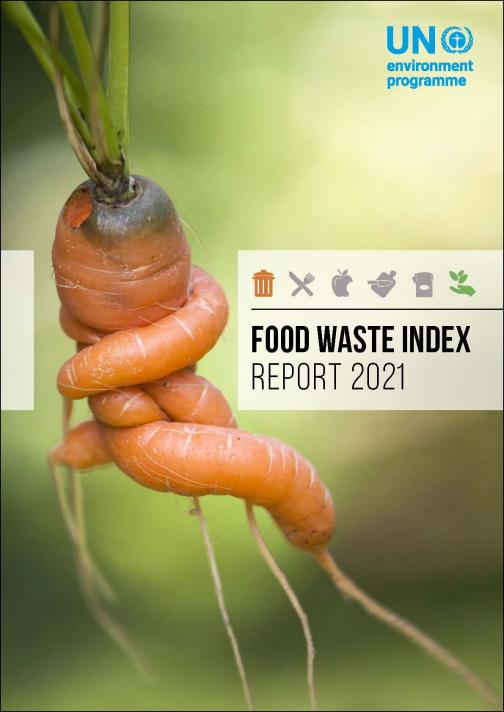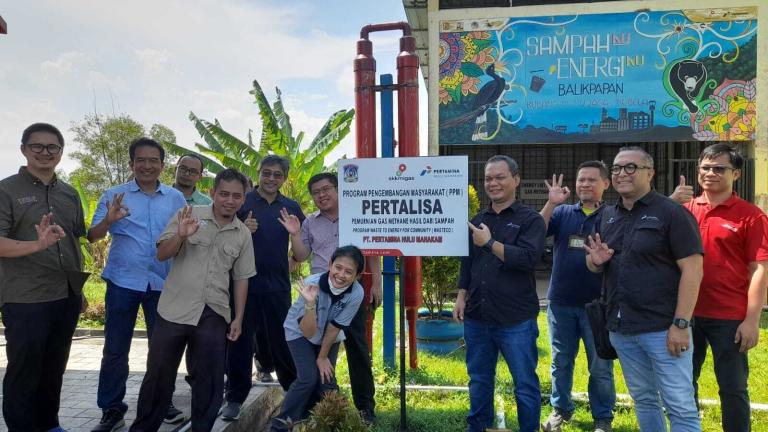Report

Food Waste Index Report
This report presents a methodology to measure food waste and provides guidance for leaders to create resilient food systems.
Estimates suggest that 8-10% of global greenhouse gas emissions are associated with food that is not consumed. The Food Waste Index Report, produced by UNEP, provides a methodology to measure food waste at household, food service and retail levels, and track progress towards Sustainable Development Goal 12.3.
Addressing food waste is critical to creating low-impact, healthy and resilient food systems which provide multi-faceted benefits to people and the planet. This report presents the most comprehensive food waste data collection, analysis and modelling to date. Countries using this methodology will generate strong evidence to guide a national strategy on food waste prevention.
Learn more

Second National-Local Dialogue for Morocco: From Vision to Local Action, Advancing the Circular Economy
Building on the first National-Local Dialogue, this convening offered an opportunity to deepen discussions around localizing circular economy principles across the country.

Building Indonesia’s Approach to Waste Management in Balikpapan
As waste management poses a challenge across Indonesia, this city is showing how a community-based circular economy approach can address the crisis.

First National-Local Dialogue for Morocco
To accelerate the circular economy transition in Morocco, UrbanShift and ICLEI will gather representatives from all of the country's regions to collaborate and discuss shared goals.
Exploring Sustainability in Shenzhen: An Exchange on City-Business Cooperation
Shenzen is a leader in nature-positive, low-carbon development. This UrbanShift Peer-to-Peer Exchange highlighted ideas for how cities across Asia can learn from their innovation.
